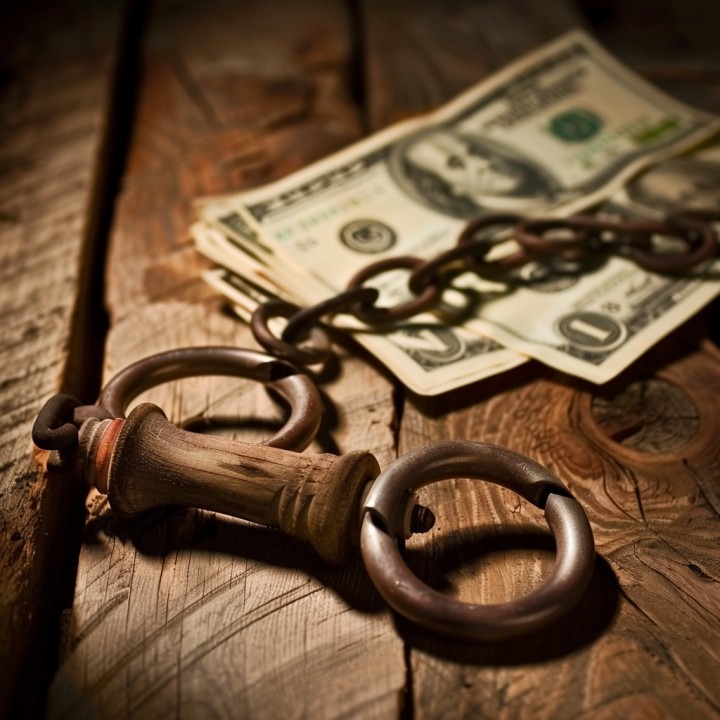Historical Context of Alcohol Laws in Texas
Texas has long had strict regulations governing the sale of alcohol, influenced by its cultural and historical context. These laws have evolved, reflecting changing social attitudes and legal reforms over the years.
Current Legal Framework
The Texas Alcoholic Beverage Commission (TABC) regulates the sale of alcohol in Texas. These regulations specify the types of alcohol that can be sold, permissible hours, and the locations where alcohol can be purchased.
Buying Alcohol on Sundays
Types of Alcohol Covered
Different types of alcoholic beverages have distinct regulations in Texas:
- Beer and Wine: These beverages are subject to fewer restrictions compared to distilled spirits.
- Liquor: The sale of distilled spirits is more heavily regulated, particularly on Sundays.
Hours of Sale for Different Types of Alcohol
- Beer and Wine: In Texas, you can purchase beer and wine on Sundays between 10:00 AM and midnight. This applies to retail locations like grocery stores and convenience stores.
- Liquor: Liquor stores are prohibited from selling distilled spirits on Sundays. They are also closed on Thanksgiving Day, Christmas Day, and New Year’s Day.
Where to Buy Alcohol on Sundays
Grocery Stores and Convenience Stores
Beer and wine can be purchased from grocery stores and convenience stores on Sundays during the allowed hours (10:00 AM to midnight). These retail locations provide a convenient option for consumers.
Liquor Stores
Liquor stores in Texas cannot sell alcohol on Sundays. If you need to buy distilled spirits, you must do so between Monday and Saturday, from 10:00 AM to 9:00 PM.
Bars and Restaurants
Bars and restaurants are permitted to serve alcohol on Sundays. Alcohol service can begin at 10:00 AM if the establishment also serves food and must stop at 2:00 AM. This allows patrons to enjoy alcoholic beverages during brunch or dinner.
Exceptions and Special Cases
Special Permits and Events
Certain events and establishments with special permits may have different regulations. For example, special events like festivals or private functions may obtain permits allowing alcohol sales outside standard hours.
Holidays and Local Ordinances
Local ordinances may impose additional restrictions or allowances on alcohol sales. Additionally, state law mandates that liquor stores remain closed on specific holidays, affecting their operating hours.
Frequently Asked Questions (FAQs)
Can you buy beer and wine on Sundays in Texas?
Yes, you can buy beer and wine on Sundays in Texas between 10:00 AM and midnight from grocery stores, convenience stores, and other authorized retailers.
Are there any time restrictions for buying alcohol on Sundays?
Yes, beer and wine can be purchased between 10:00 AM and midnight on Sundays. Liquor sales are not allowed on Sundays.
Can liquor stores sell alcohol on Sundays in Texas?
No, liquor stores are not permitted to sell alcohol on Sundays. They are also closed on Thanksgiving Day, Christmas Day, and New Year’s Day.
Are there any exceptions for holidays?
Liquor stores must close on Thanksgiving Day, Christmas Day, and New Year’s Day. Beer and wine sales may continue on holidays during permitted hours unless additional local restrictions apply.
What are the penalties for violating alcohol sales laws?
Penalties for violating alcohol sales laws can include fines, suspension of liquor licenses, and other legal consequences. Retailers and establishments must adhere to TABC regulations to avoid these penalties.
Can local ordinances override state laws on alcohol sales?
Local ordinances can sometimes impose stricter regulations than state laws. It’s important to check both state and local laws to ensure compliance with all applicable regulations.
Conclusion
Understanding the laws regarding alcohol sales on Sundays in Texas can help you plan your purchases and avoid legal issues. While beer and wine can be bought during specified hours, liquor sales are prohibited. By staying informed about these regulations, you can ensure compliance and enjoy your alcoholic beverages responsibly.






